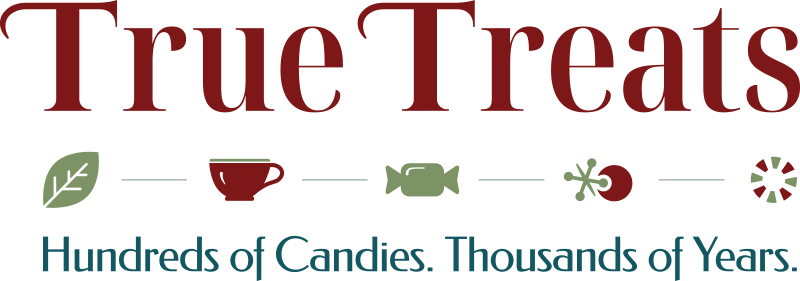Description
Civil War Candy? Who knew!
It’s true! Civil War soldiers did eat sugars and sweets – for many, they proved a vital part of their survival. Some were considered medicines, others treats. Some were sent in packages from home, and others given to them by the army. Regardless, you’ll enjoy experience their flavors, textures and, above all, stories, told on the back of our keepsake tag. Comes with 12 different samples. The perfect gift for the history lover – an amazing trip through time!
Civil War soldiers valued sugars as medicine, food, and morale boosters throughout the Civil War. Favorites came in packages from home for lucky soldiers, likely jelly beans, a direct descendant of the 9th century Arabic sore throat remedy turned treat Turkish Delight. Also medicinal in origin was stain glass candy – a version appeared in Martha Washington’s cookbook – and lemon drops.
Civil War Sweets & Sugars
Some soldiers made favorites for themselves at the start of the war, such as molasses pulls. Hospitals and other organizations sent packages, many items such as cacao and sugar recommended by the new US Sanitary Commission. Cane sugar was common at first, replaced by beet sugar, among others, all able to grow in cool climates. Soldiers bought or found dried fruit and other goods will foraging.
Government Sweets & Sutlers
The government provided a small variety of sweets. Figures such as Grant shipped large quantities of cranberries, rich in sugar and vitamin C, to Union troops at the Battle of St. Petersburg. Soldiers with enough money bought goods from sutlers, disreputable merchants selling over-priced, hard-to-find items such as ginger and coffee, which troops used boiled or ate whole. The sutlers were later replaced by commissaries, providing approved goods at a reasonable cost.


